I am extremely happy to announce that my Nebula-winning Arabella of Mars trilogy has been acquired by Open Road Integrated Media. New ebook and paper editions of all three books should be available around the world in early 2024.
So what does this mean, exactly? Weren’t the Arabella books already published by Tor?
Well, yes, and the answer is a bit complicated. If you don’t care about the nuts and bolts of publshing, you can stop reading right now. Otherwise, strap in for some inside baseball.
First, you need to understand what it means for a book to “go out of stock.” Once upon a time that term meant that the publisher had sold all the copies in the warehouse and didn’t intend to print any more, so that the book was no longer available for purchase anywhere except as a used or “remaindered” copy. (“Remaindered” means that the publisher sold all the copies remaining in the warehouse at a discount to someone like Half-Price Books, who then turned around and sold them cheap. Remainders are often identified by a hole punched in the cover, or a line drawn across the page edge, indicating that they were not purchased for full wholesale price and are not eligible to be returned to the publisher by the bookseller for credit.)
With a typical book contract, when a book goes out of stock, the publisher has completely discharged their responsibilities regarding the book and the right to publish the book “reverts” to the author. The author is now free to publish the book themselves, or sell publication rights to someone else. But what does “out of stock” mean in the era of ebooks and print-on-demand? Can the publisher just squat on those publication rights forever, making little or no money for the author, as long as they can still produce a single ebook or POD copy? That’s not good for the author.
To get around that, most publishing contracts include a “reversion clause” which defines under exactly what circumstances the book is considered out of stock and the right to publish the book reverts to the author. My contract, which was negotiated by the excellent legal team at my agency Janklow & Nesbit, defines “out of stock” as earning less than a certain amount per semiannual pay period for two periods in a row, at which point the author may request reversion with a letter. (That amount is in the low three figures, for me.)
Now, a friend of mine mentioned back in February that she’d gotten a rights reversion on an old book of hers, and that prompted me to look at my contract and determine what might allow me to do that, since sales of the books from Tor had fallen to a trickle. Well, as it happens, I had just received a semiannual royalty statement, and the earnings on that were under the specified amount… and so were the earnings on the previous one. So I was eligible to request a rights reversion right away. I asked my agent, Paul Lucas, to send the letter, he did so, and Tor complied quite quickly.
Once those rights reverted, Tor stopped publishing the books immediately. This means that the only copies you’ll see on Amazon are used paper copies; new books, ebooks, and audiobooks are not available at all. Sadness! But rights reversion is actually a good thing for the writer, because it means that the writer can now re-license those rights to someone else, and hopefully begin making more money. Most writers these days who get their rights back use them to self-publish the book, doing all the work and keeping most of the money. But my agent suggested that, because the Arabella books were award-winners and had done pretty well in the market (the first book earned out and then some — meaning that it earned more in royalties than the advance I’d initially been paid — but the three books considered as a package did not) I might have another option. So he offered the books to Betsy Mitchell at Open Road Integrated Media. And she took them! I signed the contract last week.
According to their website, “Open Road Media is a global ebook publisher whose catalog includes legendary authors such as Joan Didion, William Styron, Alice Walker, Dee Brown, Pat Conroy, Gloria Steinem, Octavia Butler, John Jakes, Pearl S. Buck, Walker Percy, and Sherman Alexie. Driven by the mission of bringing great literary works back to life, Open Road Media partners with premier authors of classic and contemporary works, making their content available to readers around the world.” They specialize in taking books which have fallen out of print, or did not perform as well as desired, and marketing them anew. “We research what audiences are looking for, develop quality content, and then launch that content powerfully via our content sites, email and social. It’s a coordinated, data- and search-driven approach that’s worked beautifully for our own products, and we’re delighted to apply it to yours.”
Betsy tells me that she’s planning to market the Arabella books as Young Adult. I originally wrote them as YA books, actually, and indeed the first book won the Andre Norton Nebula Award for Middle Grade and Young Adult Fiction, but they also had “crossover” appeal for adults, and Tor chose to publish them under the Tor rather than Tor Teen imprint. Also the covers by Stefan Martiniere, which I dearly love, were aimed at an adult reader. Betsy is planning an entirely new cover concept and marketing campaign, about which I am very excited.
Another very exciting aspect of the Open Road acquisition is that the books will be available outside of North America for the first time! When I sold the books to Tor we included only North American English rights in the contract, expecting that we could get more money for World English rights (the right to publish the book in English outside of North America) from someone else. But, as it happened, though we offered those rights to several publishers, no one bought them. So the Arabella books were available in the UK and Australia only as imported paper books, never as ebooks. Open Road will be marketing their editions around the world.
My contract with Open Road does not include audiobook rights, so unfortunately there are no Arabella audiobooks available now or for the forseeable future. My agent and I are working on that now.
So! Big news! I’ll share the new covers and other information with you as soon as I can. If you want to be sure to get the news right away, please subscribe to my newsletter. There will be ARC giveaways and other cool stuff, and I promise I won’t send more than a few newsletters per year.

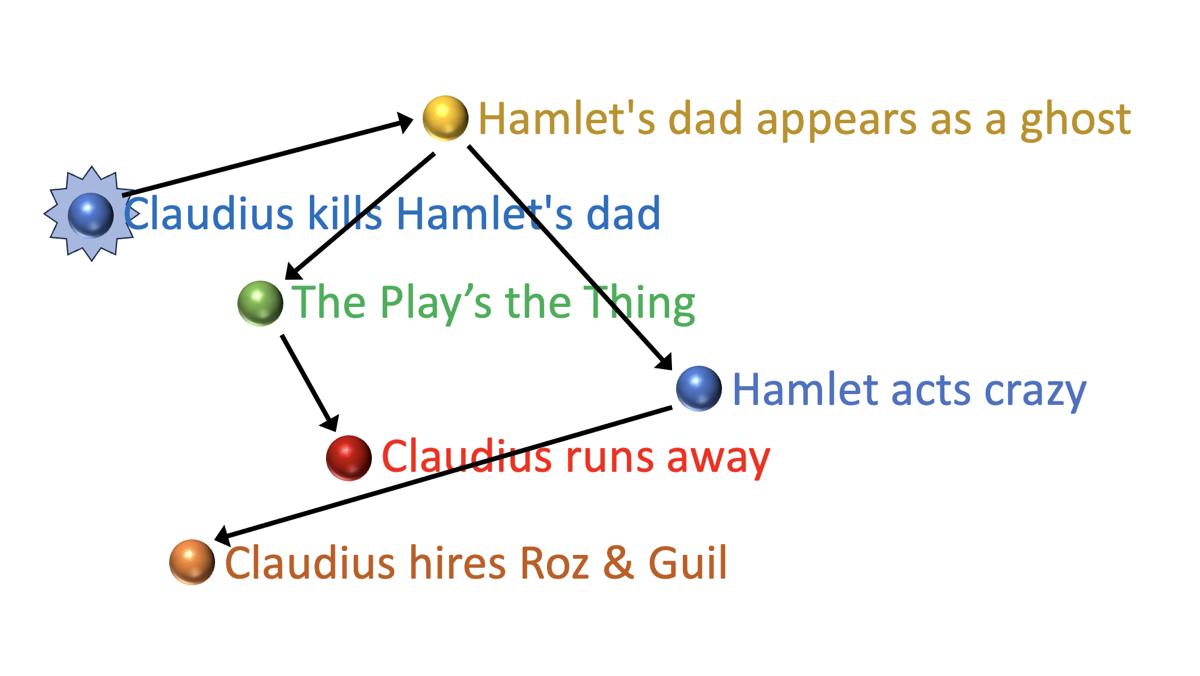
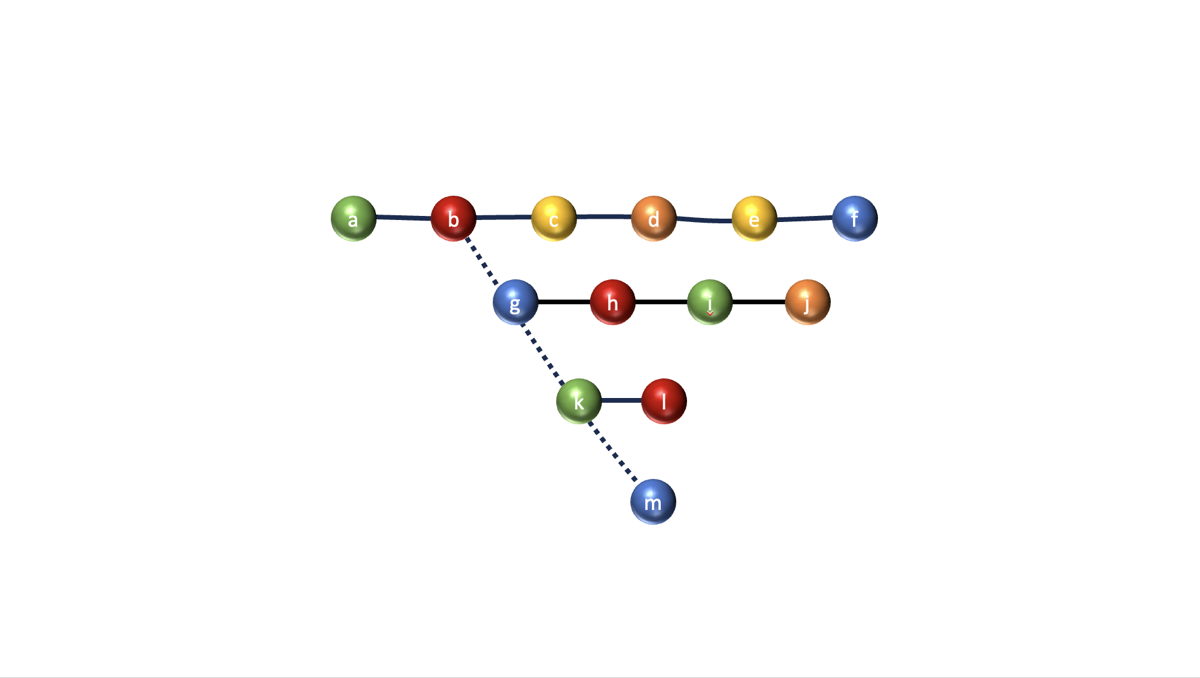

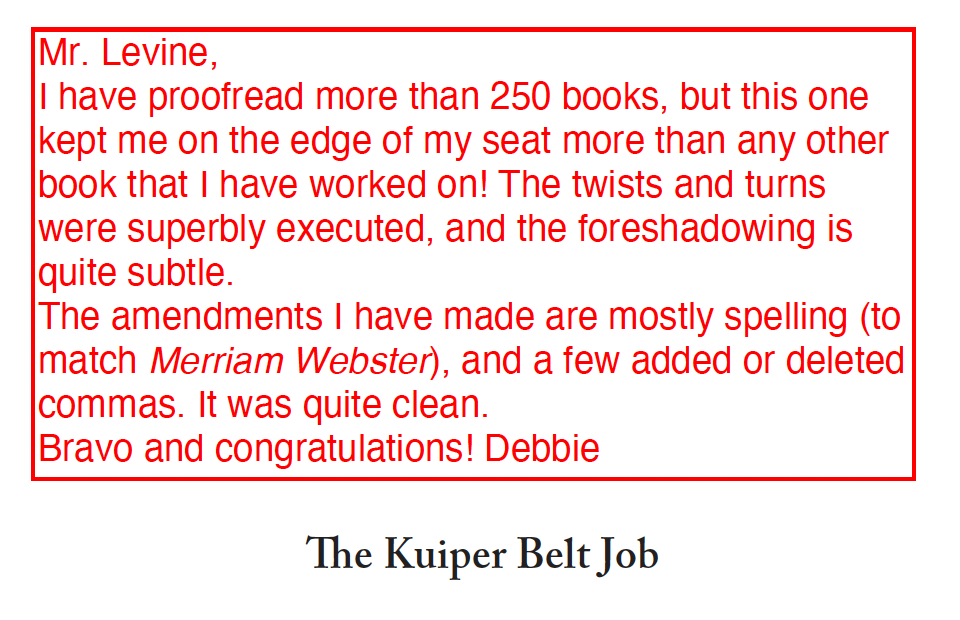
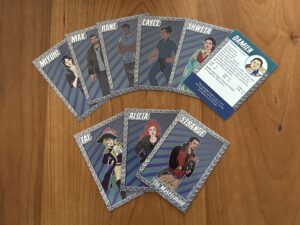
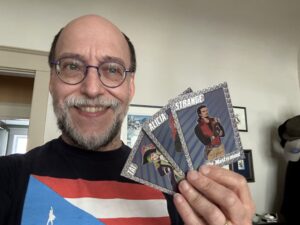
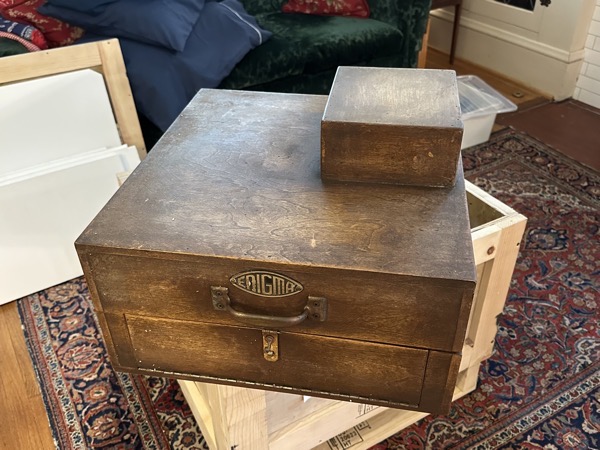

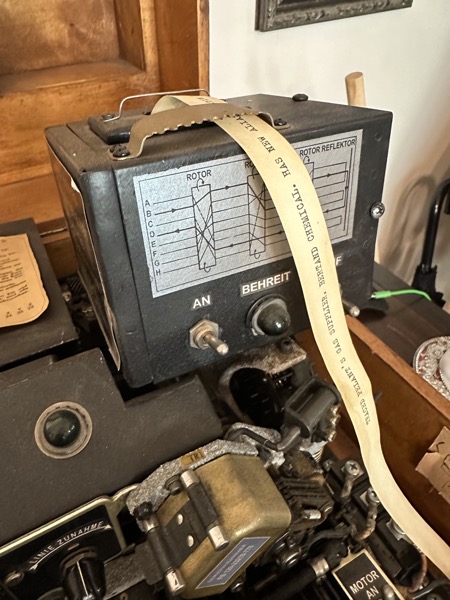
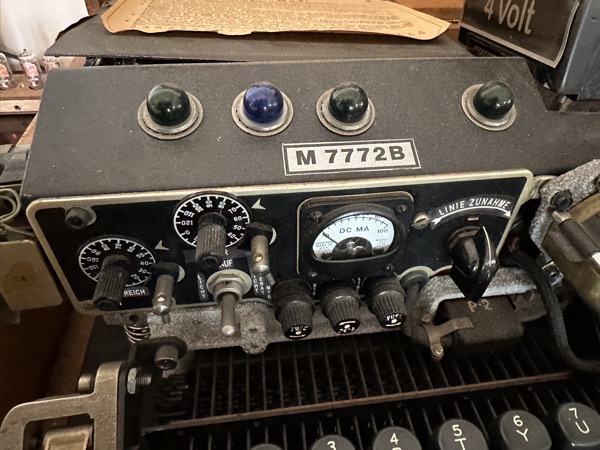

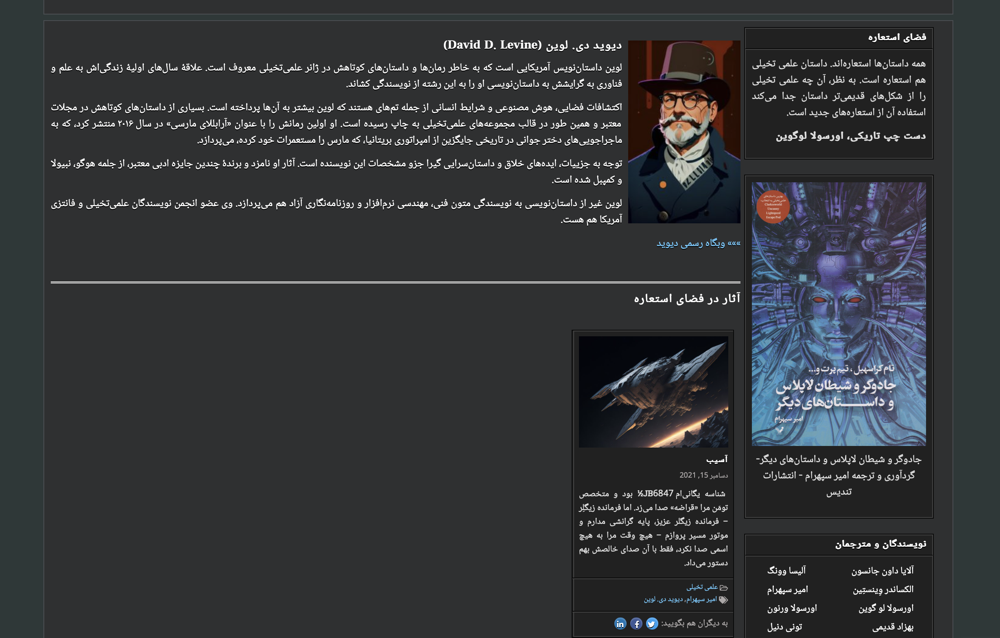
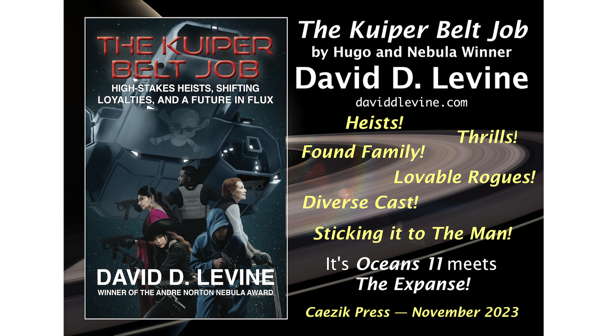
Recent Comments